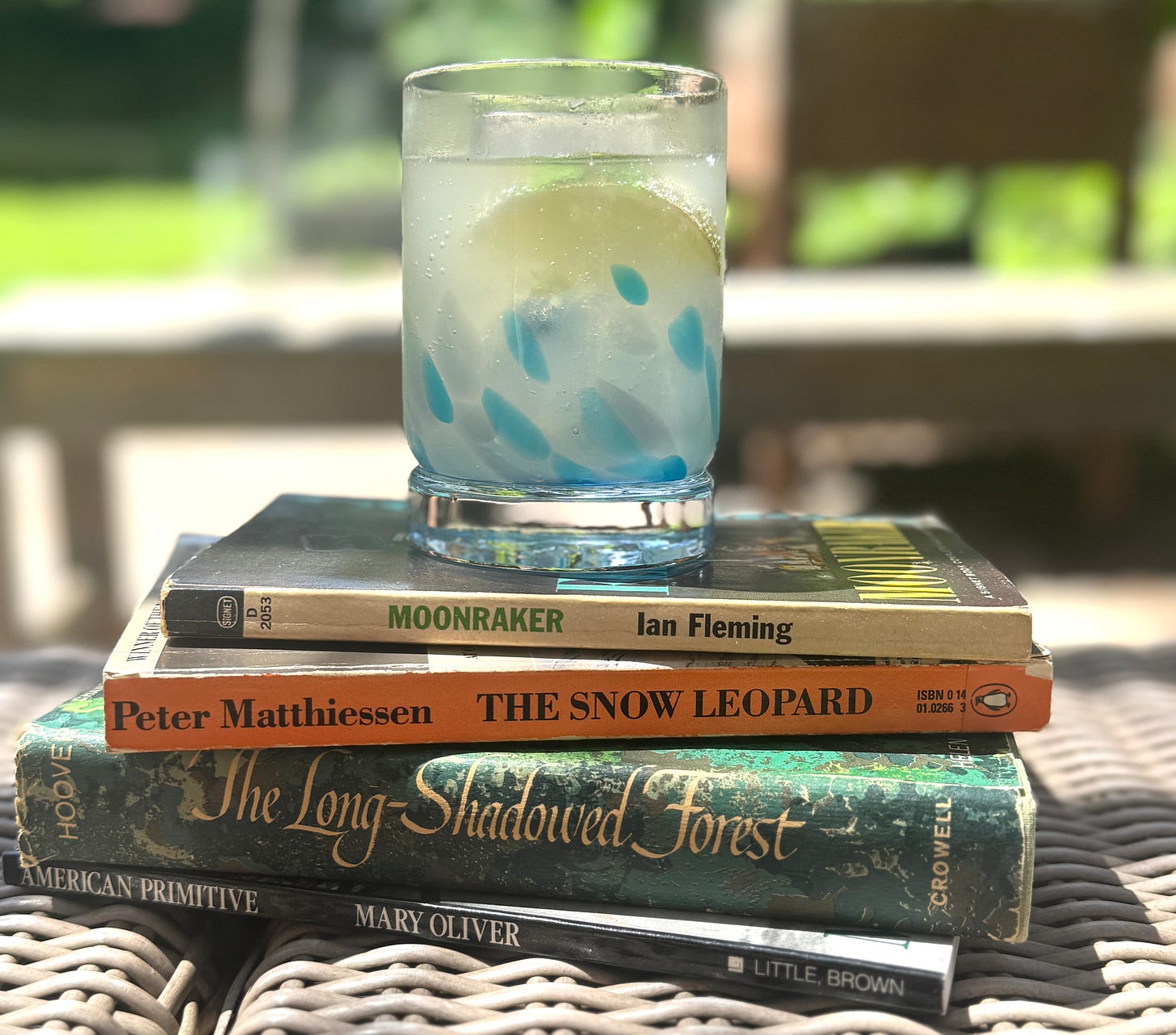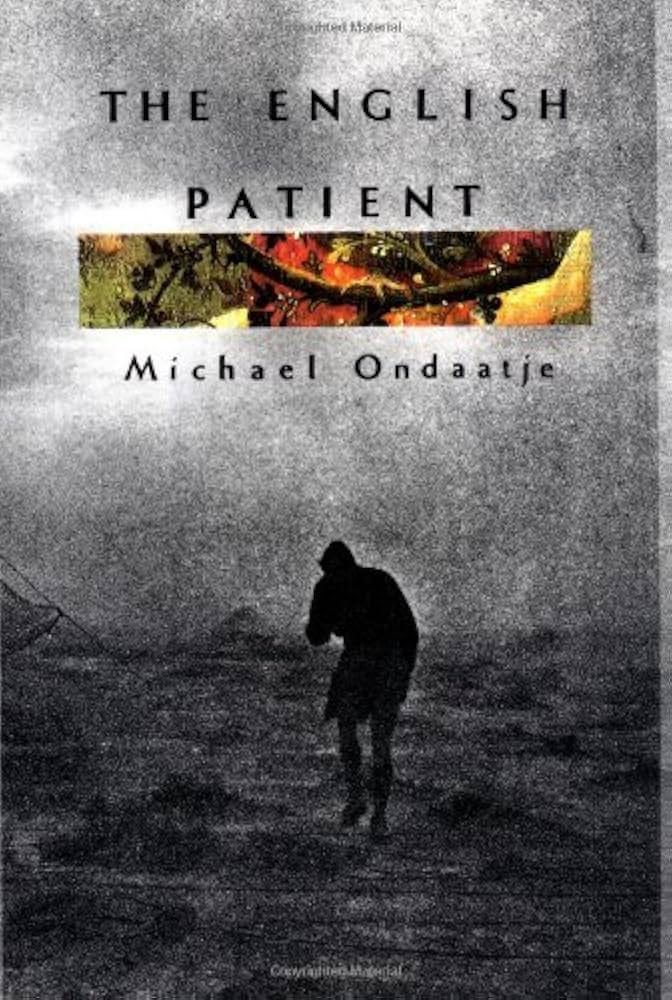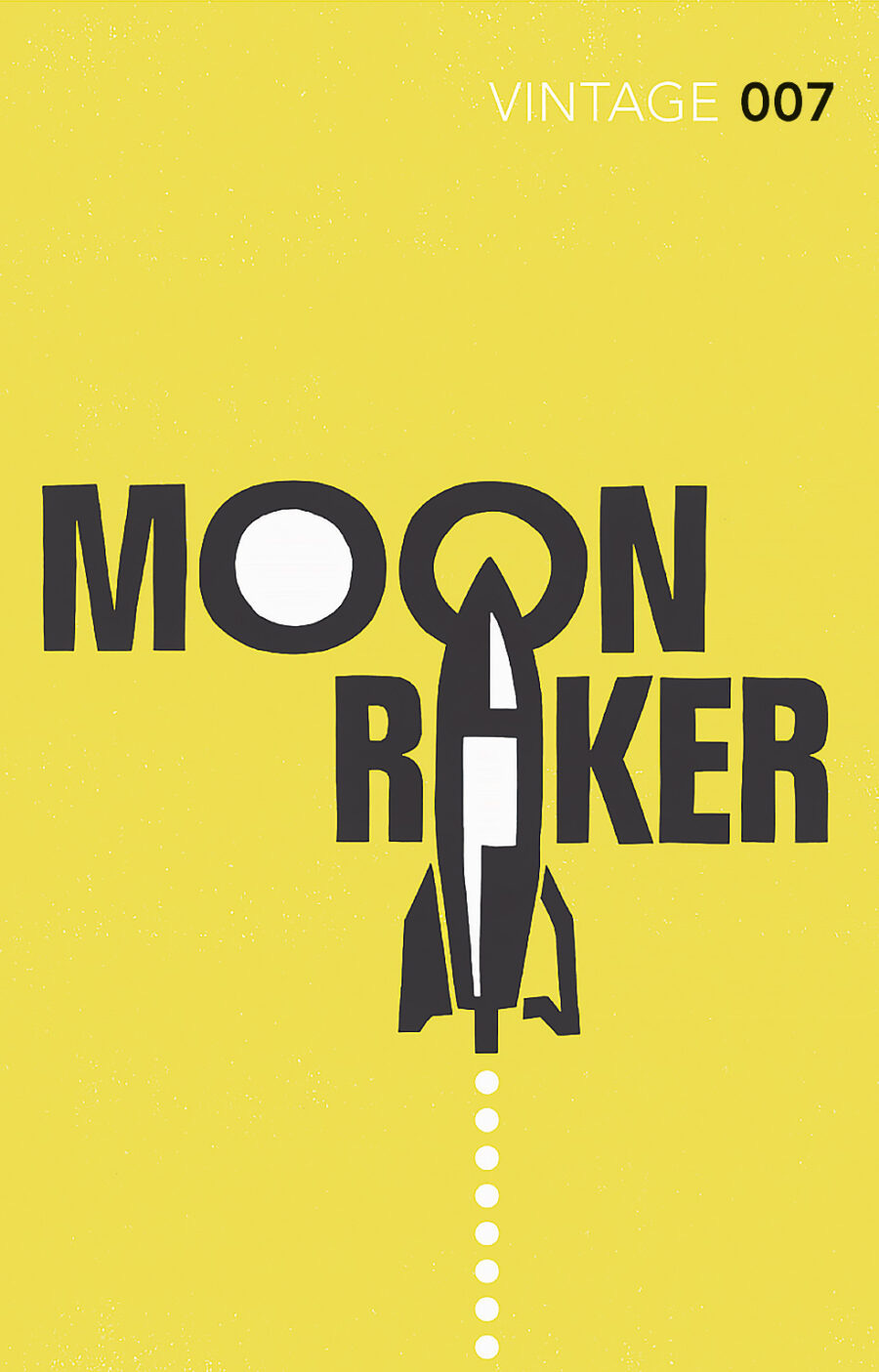I am writing this on a sultry July 4th afternoon, when the heat index is creeping towards “tropical” and even the birds and squirrels in the garden are hiding from the sun. The beach at the lake is full, but the streets are oddly empty, with a soundtrack of air conditioners humming at every house. This is one of those days that begs for a bowl of perfectly ripe watermelon slices, a languorous nap near a fan, and a cooling submergence in a nearby body of water. And as much as I like all the seasons, and my constitution is better suited for cold than heat, this is exactly the sort of day I dream of in February.
You know what really starts to get to me in those late winter days? Socks. I start to resent the fact that I have to choose, and put on, socks every day. After those first consistently warm days in late May, I don’t even open my sock drawer until September, unless I’m going running or to some dress-up affair like a wedding, and then only begrudgingly. Otherwise it’s Birkenstocks or Tevas if I’m venturing out, or barefoot around the house. Maybe that’s why I possibly broke my toe a few weeks ago. But I digress.
Next weekend, Kristi and I are getting away to a cabin on a lake a couple hours away. We haven’t really discussed specifics, but then what about a cabin weekend needs to be specific? Some easy food, a swimsuit, some sort of suitably summery beverage choices, a dog who loves the water, a pack of playing cards, and, most importantly, books. We’re currently listening to an audiobook version of Per Petterson’s Out Stealing Horses, but we’ll both bring other reading material as well.
Books have always been a central part of my life, as far back as I can remember. My mother tells me I read at an early age and I’ve never really stopped. I was an English Literature major in college. Go figure. My tastes have changed over the years and continue to evolve. In university, being conditioned to read “the canon” (so called “important” books) for meaning and metaphors turned me off of serious literature for a long time, and I drifted largely to nonfiction, periodicals, then even into the adventure thriller popular fiction category, the latter of which informed my desire to write two novels of my own. But that’s not to say I haven’t dabbled in all genres since I got my degree.
Over the past few years, on Swimpruf, I’ve shared themed “bookshelf” lists (Polar, Mountain, Diving, etc.). My last list of recommendations was over a year ago, so this is overdue. I thought since it’s summer, I’d go a little more varied with a list of good books to read in the shade between naps, at a cabin or in your own backyard. These aren’t books I’ve necessarily picked up recently, but when I scan my bookshelf, they bring the comfort of familiarity and I find myself pulling them out and thumbing through them fondly. They’re old friends that I sometimes like to re-read, even just a few chapters, and that I will never part with. I love them all for the language, engaging stories or descriptions, and the evocative scenery, and each one is (very) different than the next. There’s a travel book, some naturalist nonfiction, a beautiful novel, an adventure thriller, even some poetry. They’re all meant to be savored, set aside, and picked up again.
If you haven’t been around here long, and missed my past themed “bookshelf” posts, you can find them here, here, here, here, and here.
The Snow Leopard, Peter Matthiessen
There was a time in the early 1990s when I was dabbling with Buddhism and had an intense interest in the Himalayas. That led me to read this book and it has stuck with me ever since. It is a travel book, a nature book, and a spiritual book all in one. Matthiessen, who once worked for the CIA, and also wrote another favorite book of mine, Blue Meridian, is a brilliant writer, who has a knack for weaving evocative descriptions of the natural world with intensely personal introspection so that one seems to mirror the other. It’s no wonder this book won not one, but two, National Book Awards. In it, he describes a two-month trip to the Inner Dolpo region of Tibet with a scientist, George Schaller, to study a species of sheep, but also to find the elusive and rare snow leopard. That is the “vehicle” of the book, but underlying it is the author’s grief at the recent death of his wife to cancer, and his own spiritual journey. This is a book to be read slowly.
The English Patient, Michael Ondaatje
To those who know me, it’s no secret that I love the movie version of this novel, with all its gorgeous backdrops, beautiful people, clothing, romantic storyline, and melancholy soundtrack. But perhaps even better, or at least its equal, is Ondaatje’s book. I’ve never read an author with such a command of the English language. This is not an easy book to read, with its weaving subplots and loose, jumping timelines. But as with poetry, I tell people to not always read for a linear plot or hope to “get” everything, but to feel what the words make you feel. It’s no coincidence that the author is also a poet; the prose here is gorgeous, meant to be savored and passages re-read. That’s not to say that the overall story is opaque—far from it. It’s a sweeping tale of love, war, and adventure, with a diverse and engaging cast of characters. Possibly my favorite piece of fiction—ever.
The Long-Shadowed Forest, Helen Hoover
Here’s a book meant to live on a bookshelf in a cabin somewhere, preferably smelling a bit musty, dog-eared, and stained by a coffee cup. In fact, I may or may not have actually “liberated” my own copy from a rental cabin years ago after reading it there over the course of a lazy week. My memory is fuzzy though. The book is a series of short chapters organized by seasons, describing a year lived by a couple (Helen and her husband, Adrian, who illustrated the book) in a cabin in the woods—the animals that come and go, the chores to be done, the plants that emerge in spring, bloom, and die off in autumn. all dictated by the weather and the daylight. It is a contemplative, quiet book that is well-suited for reading in small bites and if you read it at home in the city, it will make you want to immediately pack your bags and head north to a cabin in a long-shadowed forest.
American Primitive, Mary Oliver
Recognize a theme? I’m clearly on a naturalist theme with my picks this time. But this book is different because it’s a collection of poetry, one that won the Pulitzer Prize no less. Mary Oliver is my favorite poet for the way she uses the natural world time and again in evocative ways to make profound statements that feel both personal and universal without seeming heavy and didactic. Even if you don’t typically read or like poetry, I urge you to try this book, and I have no doubt you could find a few verses that speak deeply to you.
Moonraker, Ian Fleming
I’ll end on a lighter note, with a genre that is the quintessence of summer reading—the adventure thriller. Of all the James Bond novels, Moonraker might be my favorite. It is the least globetrotting of all, entirely set in England, and somehow seems the most plausible of all the 007 plots—a charismatic, fabulously wealthy, expat aerospace mogul is building a super weapon under government contract, with seemingly altruistic intentions. But all is not as it seems and Bond discovers his Nazi leanings, and his diabolical ulterior motives. There are all the Bond elements here, with a gripping pace and Fleming’s usual razor sharp, lean prose, and without much of cringe-y, dated elements found in some of his other books. A ripping page turner and a perfect one for summer reading.
So there you go, a quintet of books to get you through the rest of the summer. But since summer seems to fly by, don’t worry, these books have a long shelf life so you can even read them by the fire this fall or winter. But let’s not talk about that. I’m not ready to think about wearing socks yet. If you have good summer book suggestions, drop them in the comments. Meanwhile, Happy Independence Day to my American readers.




![Long-Shadowed Forest [Book] Long-Shadowed Forest [Book]](https://substackcdn.com/image/fetch/$s_!PZRK!,w_1456,c_limit,f_auto,q_auto:good,fl_progressive:steep/https%3A%2F%2Fsubstack-post-media.s3.amazonaws.com%2Fpublic%2Fimages%2F28eb97ca-de9d-4218-8af8-d4dfdbde2e23_893x1360.jpeg)
![American Primitive [Book] American Primitive [Book]](https://substackcdn.com/image/fetch/$s_!E1oK!,w_1456,c_limit,f_auto,q_auto:good,fl_progressive:steep/https%3A%2F%2Fsubstack-post-media.s3.amazonaws.com%2Fpublic%2Fimages%2F206b9118-1dcf-4d30-849f-3b71e613b923_1650x2475.jpeg)

Fantastic selection. I'll never forget the first time I read The Snow Leopard, it was a life-changing book.
This is a list close to my own heart. Read and savored all but The Long Shadowed Forest and American Primitive. I'll pick them up shortly. If, like me, you are also a fan of Mark Twain and Huckleberry Finn, I highly recommend James, a powerful version of the story from the perspective of the most honorable character in Huck Finn. Happy 4th!